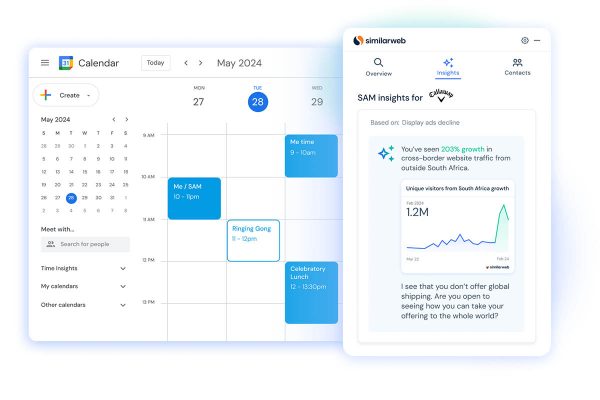While Black Friday started life as an in-store phenomenon, this year only 12% of shoppers will head in-store to grab pre-Christmas discount deals – opting instead to shop online, according to new research from digital commerce platform provider Episerver.
The Episerver research, which surveyed more than 1,000 UK consumers, found that while nine out of 10 shoppers will avoid the high street, around a third (32%) plan to stay at home and hunt for deals online.
Commenting on the findings, James Norwood, CMO at Episerver, says: “In previous years Black Friday has proved to be one of the busiest days of the year for high street retailers, but our research suggests that shoppers are increasingly avoiding the rush and instead choosing to buy online. I have no doubt that Black Friday will again break records, but – as with Cyber Monday – much more of it will be attributable to online purchases.
There is a growing ease with which consumers can shop online, with increasingly advanced product search engines, one-click ordering and one-hour delivery services driving the appeal of digital over the high street.
“The high street can’t differentiate its offering through deals alone. Instead, retailers must embrace an increasingly omnichannel approach to digital commerce, using services such as click-and-collect to ensure that shoppers can benefit from both the physical experience of the high street and the convenience of shopping online.”
Black Friday and the run up to Christmas only serve to highlight just how vital being omni-channel-ready it is for retailers, believes Paysafe’s CMO Oscar Nieboer. “While Black Friday was traditionally an in-store event, technology has changed the way we shop and more and more retailers are now using e-commerce to launch their sales campaigns before they feature in their physical stores. This has the benefit of attracting a far wider audience. The expansion of e-commerce coupled with ever-growing smartphone usage has enabled the rise of “dual-browsing” with 41% of Brits now buying an item on a mobile phone while in-store. The rise of dual-browsing means perfecting the omnichannel experience is now more important than ever – retailers must make sure both the online and offline experiences are positive and hassle free. For example, online and offline deals need to have the same terms and conditions as a minimum.”
According to Nieboer, a key part of customer experience is the payment process. While it is often the last step in the transaction, it’s arguably amongst the most important. With the average Brit carrying £20 or less in their wallet, retailers should be aware of their customers’ preferred payment methods to avoid missing any crucial sales.
The evolution of cash has led to more consumers adopting mobile wallets (24%) and cryptocurrencies (12%) for payments. While debit and credit cards remain king for consumers when making in-store purchases (51%), it is important for retailers to recognise the rise of alternative payment methods – both online and offline.
According to Paysafe data, a lack of payment options is one of the main reasons for online shoppers abandoning their baskets (20%). With so many new payment options now on offer, it can be daunting for retailers to pinpoint the right methods, but considering the cultural context and attitudes to security and authentication can be the difference between closing a successful sale, or losing out to a competitor.
“Businesses need to wise up,” he says. “Particularly during big retail events such as Black Friday and Cyber Monday, the likelihood is that consumers are browsing on various sites for the best deals on the items they are looking to buy, and with so many options available coupled with the consumer’s time-bound mindset, it’s crucial to for businesses to offer the right payments options. “







